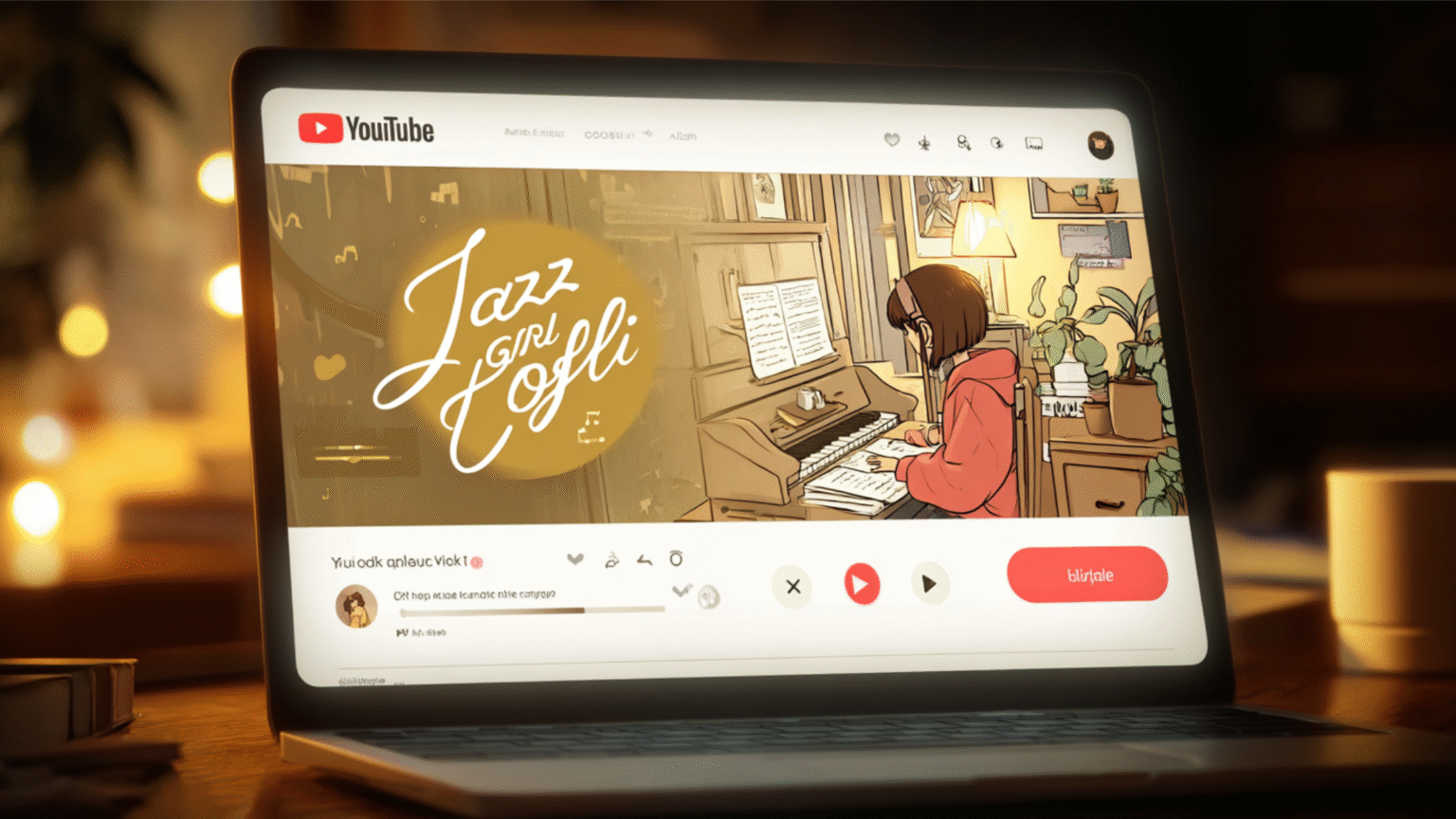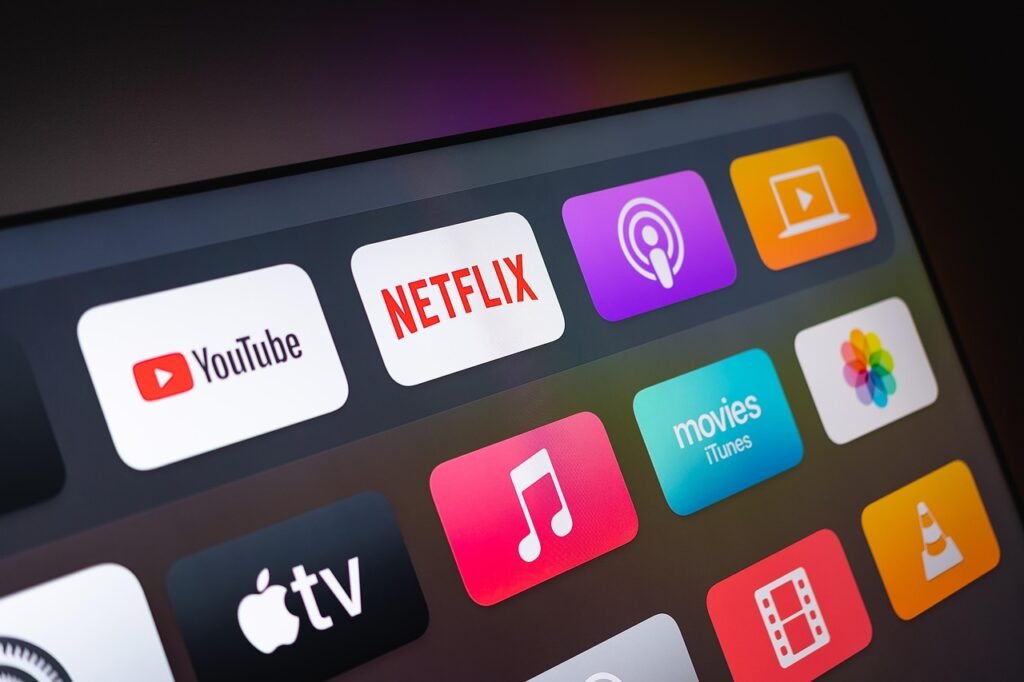Uploading videos to YouTube is exciting—until a copyright strike puts your channel at risk. The good news? Copyright rules aren’t as complicated as they seem. In this guide, you’ll learn how to check if a song is copyrighted and discover the steps to keep your YouTube content safe.
What Makes a Song “Copyrighted”?
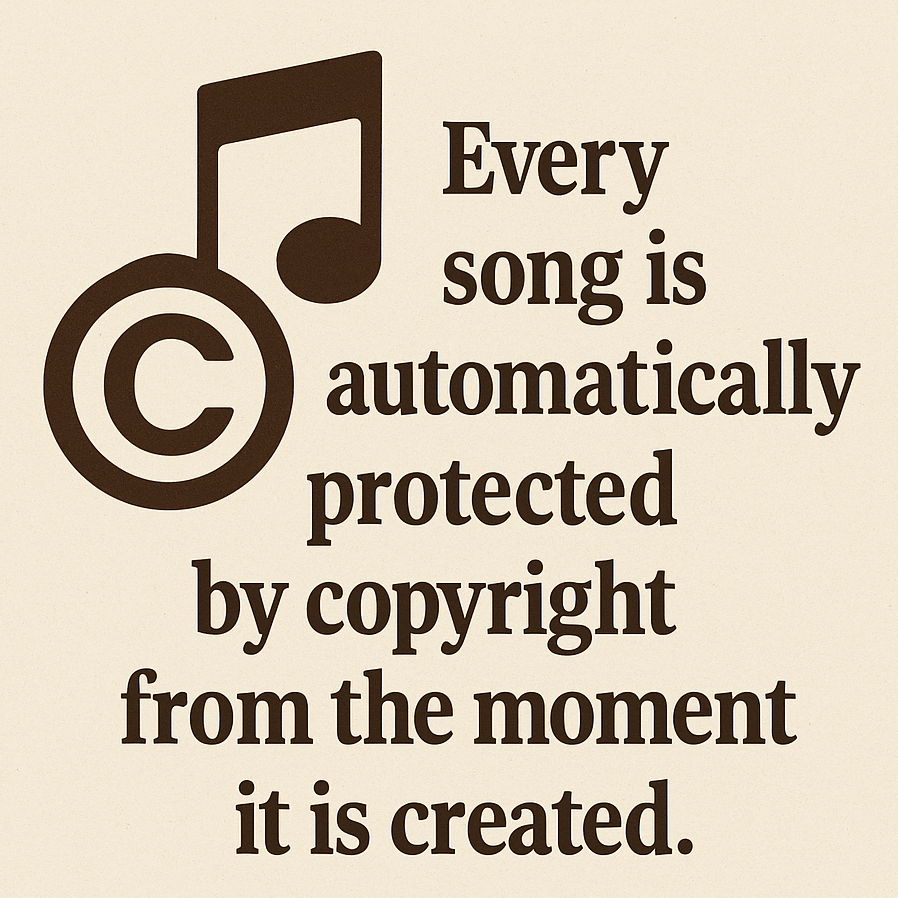
Firstly, it’s important to understand that there is no such thing as a “non-copyrighted song.” Every song is automatically protected by copyright from the moment it is created. This protection extends beyond just the performing artist—it also covers composers, performers, producers, and record labels involved in the creation and distribution of the music.
In other words, all songs are copyrighted by default. For creators, knowing these copyright rules is essential to avoid legal troubles and safeguard their own work. When you use music or audio in your videos—on YouTube or other platforms, you need to understand the copyrights and ensure your usage follows the law.
How to Check if a Song is Copyrighted
All songs carry copyright protection, so use these effective methods to check a track’s copyright status and identify its rightful owner.
1. Check the Public Domain
Any song or musical work published in 1929 or earlier is in the Publish Domain in the USA. Since those copyrights have expired, making them freely available for anyone to use, modify, and distribute without permission or licensing fees. Much of this music tends to be quite old, which may not fit modern tastes or the specific style needed for contemporary projects.
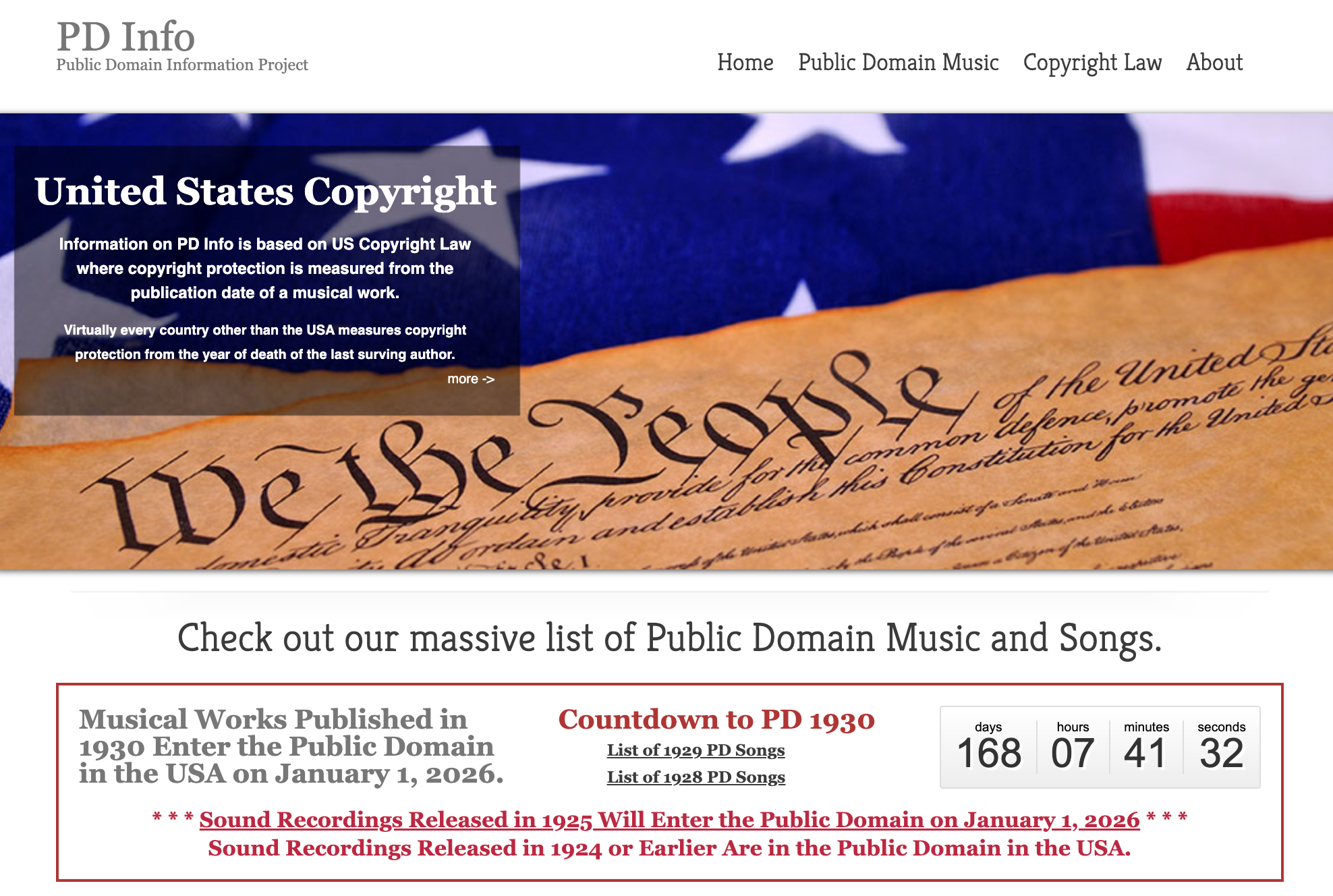
Founded in 1986, PD Info, a dedicated public domain information project, offers researched lists of public domain music. While it stands as one of the most comprehensive resources for checking public domain music, it does not encompass every existing work.
2. Check Creative Commons Licenses
You can also visit the Creative Commons website to explore music that some artists have shared under Creative Commons licenses. . In some rare cases, the music may be available for use without any restrictions. Additionally, some Creative Commons licenses permit sharing the music with others, as long as you adhere to the specified terms.
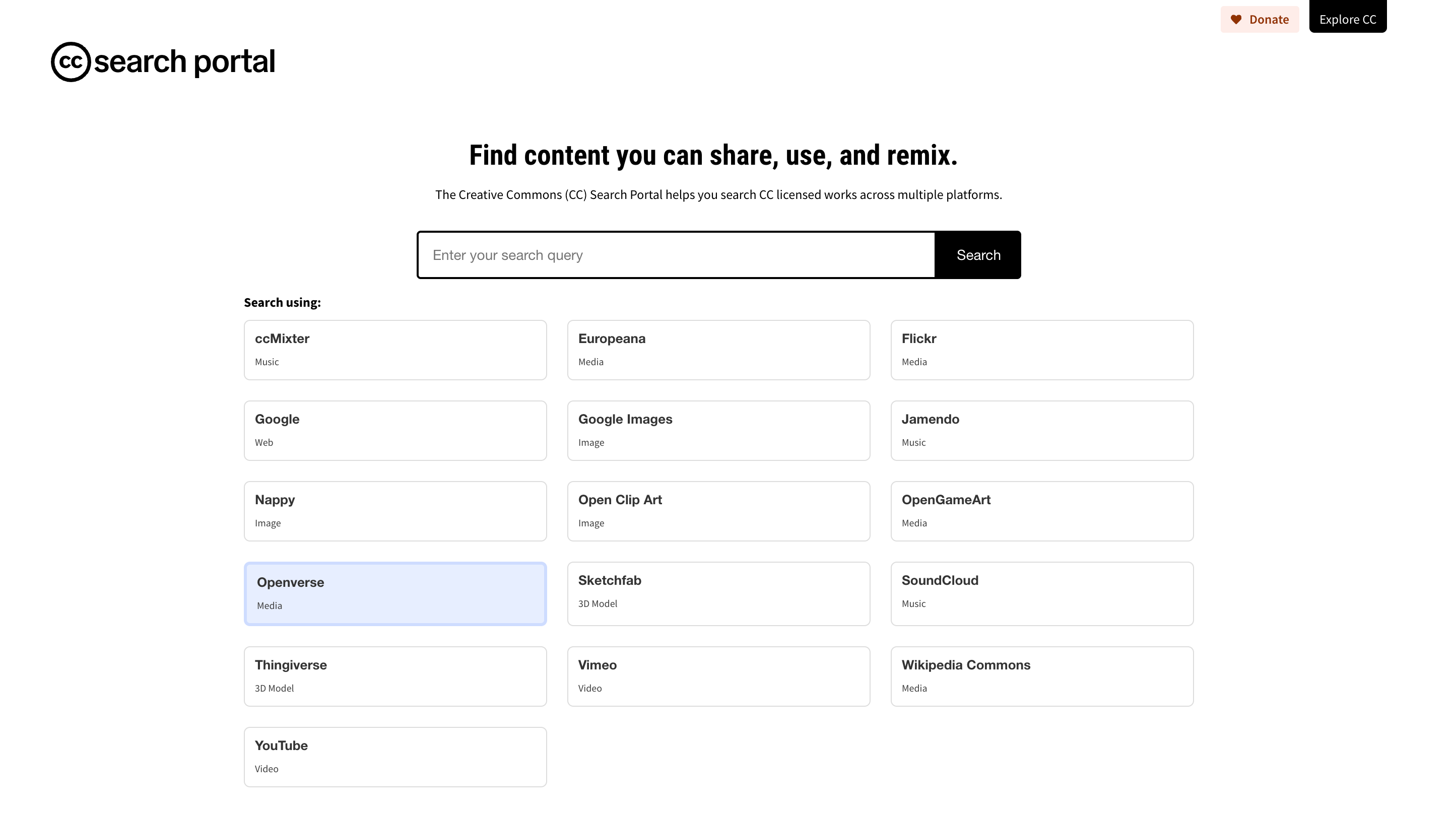
3. Search the Internet Yourself
If you want to use a specific song in your video but aren’t sure about its copyright, try a quick Google or Wikipedia search. This can show you who the original artist is and who owns the rights. You can also look up the song on YouTube. Check the “Music” section in the video’s description—YouTube often lists copyright details there.
4. Upload your Videos to YouTube and crosscheck
We suggest being careful with this method, especially if you worry about strikes or losing your channel. Still, YouTube has a strong copyright check that runs during the upload process.
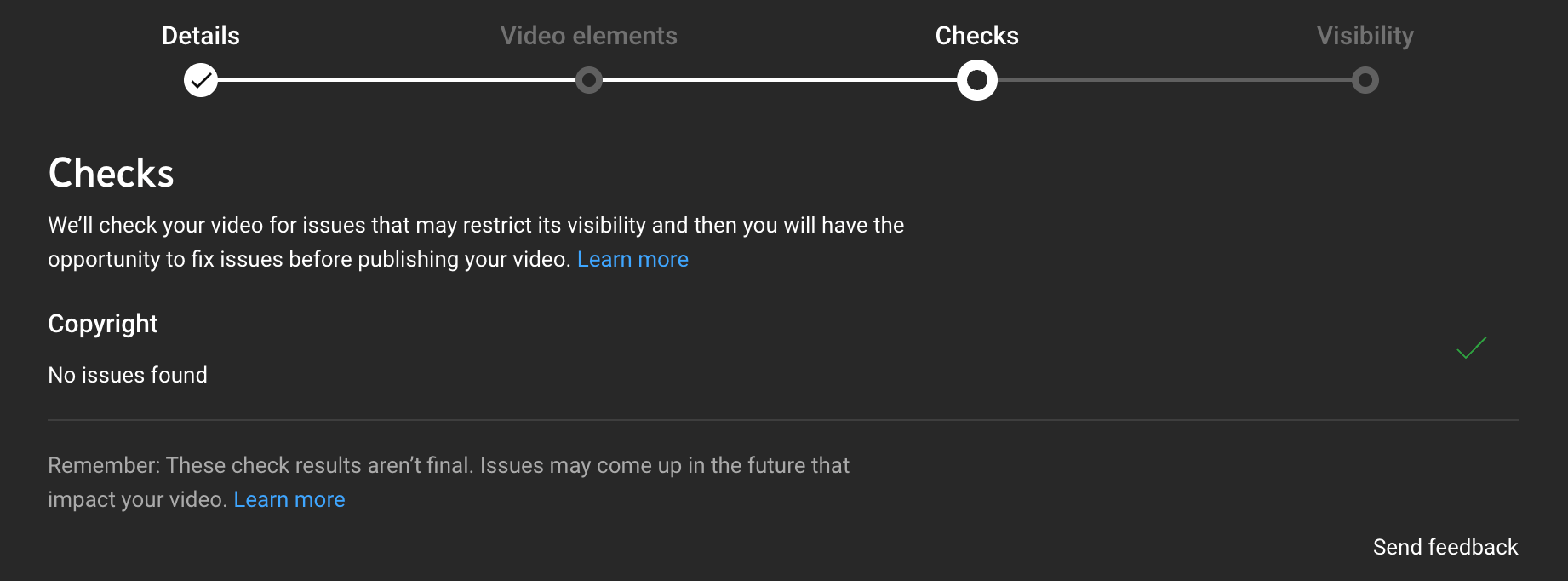
When you upload a video, YouTube scans its extensive databases and notifies you if your content potentially infringes on any copyrights. This immediate feedback informs you of any copyright issues linked to your video. If a conflict is detected, YouTube may require you to keep the video private or inform you about any restrictions that could apply if you decide to publish it publicly.
5. Hire a Private Copyright Lawyer
If you want to be absolutely certain about copyright issues, hiring a copyright or intellectual property lawyer is your safest option. An IP expert can expertly guide you through complex copyright matters. However, legal services can be costly, often only feasible for large clients or projects with substantial budgets. Many companies have in-house legal teams to handle copyright and intellectual property concerns, ensuring compliance and protection.
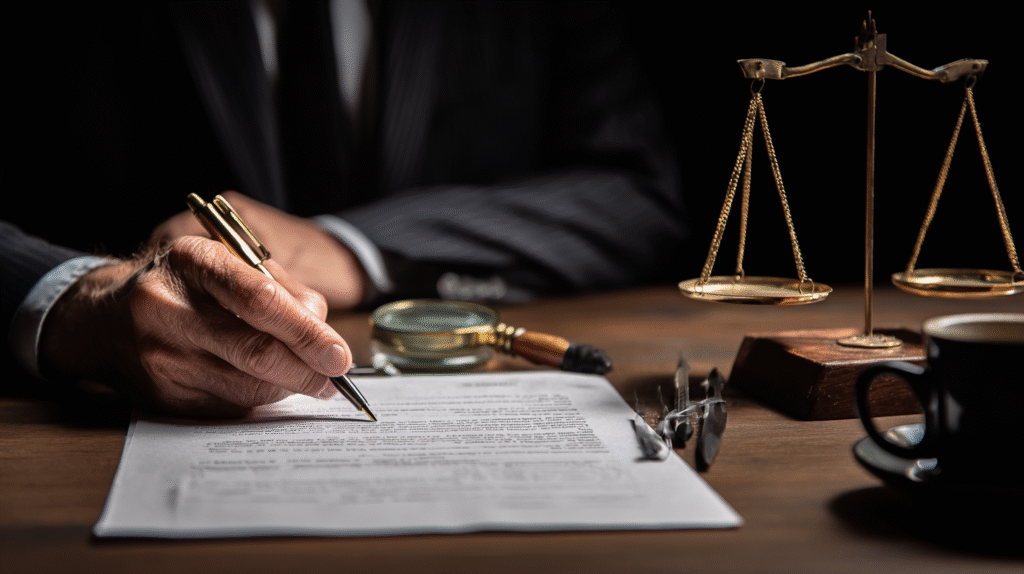
While no method guarantees you won’t face copyright claims, consulting a legal professional remains the most reliable way to manage potential disputes.
Difference between Music Licensing and Copyrights
However, despite these resources, it can still be difficult to ensure music used in your videos is free from copyright restrictions. Even if you believe a song is copyright-free or properly licensed, others may file claims against your content.
Since YouTube holds creators responsible for proving non-infringement, it’s essential to use music from trusted sources that guarantee full copyright protection. This helps protect your channel from potential claims and strikes.
The best choice for copyright-protected music for most creators is royalty free music offered by reputable music licensing platforms like HaiMusic. When selecting music, ensure you pick tracks that perfectly align with your project’s specific requirements. HaiMusic has a dedicated legal team ready to support clients facing any copyright infringement issues. This ensures content creators can focus entirely on their work without worrying about legal complications.
You don’t need to worry about copyright claims. Besides,you can also explore many music genres to fit your projects. This platform provide an impressive variety of musical styles and backgrounds, catering to the diverse needs of creators worldwide.
Royalty Free Music for YouTube Channel
With HaiMusic, every track you choose is fully covered and protected against copyright claims or issues. It allows you to quickly find the ideal song by filtering tunes based on genre, mood, situation, and more. Featuring music from musicians worldwide, HaiMusic offers a diverse global selection to suit every creator’s needs.
The extensive music library features high-quality sound across a wide range of genres, suitable for educational content, vlogs, and various media formats. Finding and licensing music is simple, allowing you to concentrate fully on your creative process. Emotional and cinematic piano pieces, as well as rich bass layers, add depth and feeling to your projects. Choosing HaiMusic means enhancing your videos with expertly curated, premium music that makes a noticeable impact.
Royalty-free music platforms such as HaiMusic provide everything you need to easily find and legally use high-quality, label-standard music for any project. Our advanced copyright protection systems safeguard you against incorrect copyright claims from platforms like YouTube, giving you peace of mind.
